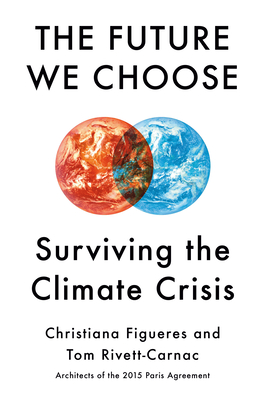What do you think?
Rate this book


210 pages, Hardcover
First published February 24, 2020
This new economic model will need better policies and strong institutions so that the great market forces of investment and entrepreneurialism can work towards regeneration instead of extraction. Finance and investment will play a key role. While we have managed capitalism moderately well over the centuries, with successful institutions such as law, taxation, and charity, we have not yet perfected it. Now is the time to do so.